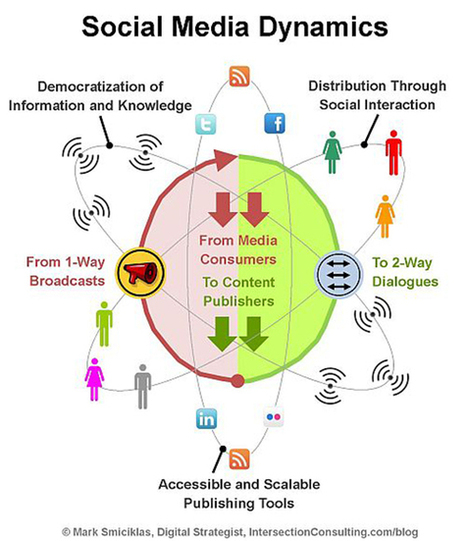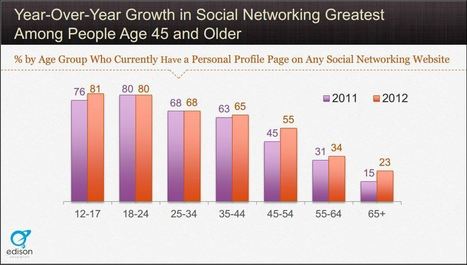Not a day goes by when I’m not asked about whether or not the social media bubble will finally burst. Twitter, Facebook, Google+, Foursquare, Pinterest, this all has to be too much right?
More often than not, I’m expected to assume the role of psychologist to either validate their digital existence or help individuals understand, and in some cases cope, with what is most often diagnosed as information overload.
This isn’t a new phenomenon by any means. The sensation of being overwhelmed by information has been linked to every media revolution. With every new innovation and the mass adoption of disruptive technology, the volume of information available to us grows exponentially.
With media now so pervasive and portable, information, of any focus, is available, on demand, and more importantly, resides in our hands to create and consume at will. We are, for better or for worse, always on. And this is both part of the problem and part of the solution for how we evolve as individuals and as an information society.
Via
Guillaume Decugis,
janlgordon



 Your new post is loading...
Your new post is loading...











![From Friendster To Facebook – Social Media And The Internet 10 Years Later [INFOGRAPHIC] | Aprendiendo a Distancia | Scoop.it](https://img.scoop.it/udv8nFlNuUOJNxlYMdWPZjl72eJkfbmt4t8yenImKBVvK0kTmF0xjctABnaLJIm9)





As you become more comfortable with social media you’ll discover it only takes a few minutes per day to generate content that resonates with users. However, you can’t stop there. It’s also necessary to monitor your pages and respond back to comments or compliments that you receive.
Tres importantes recomendaciones para mejorar la implicación de las personas en nuetsra web.